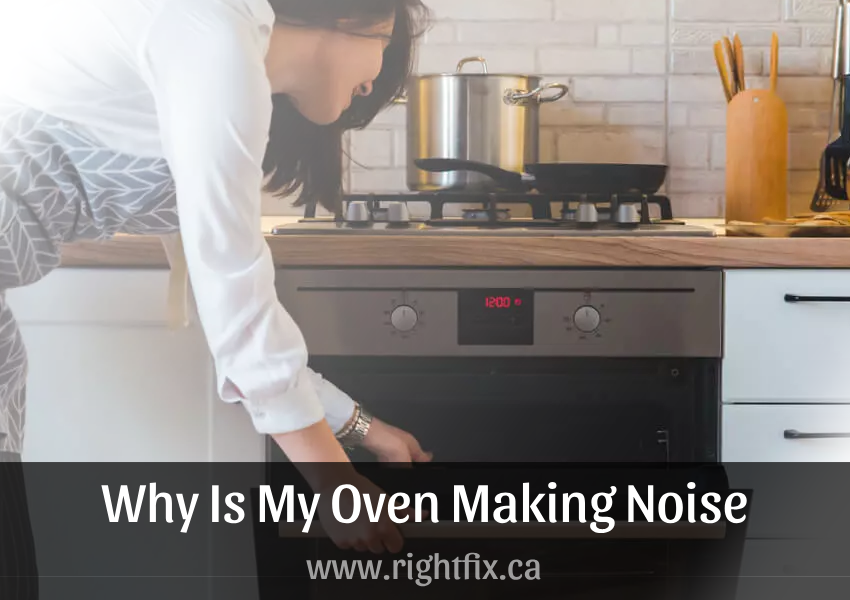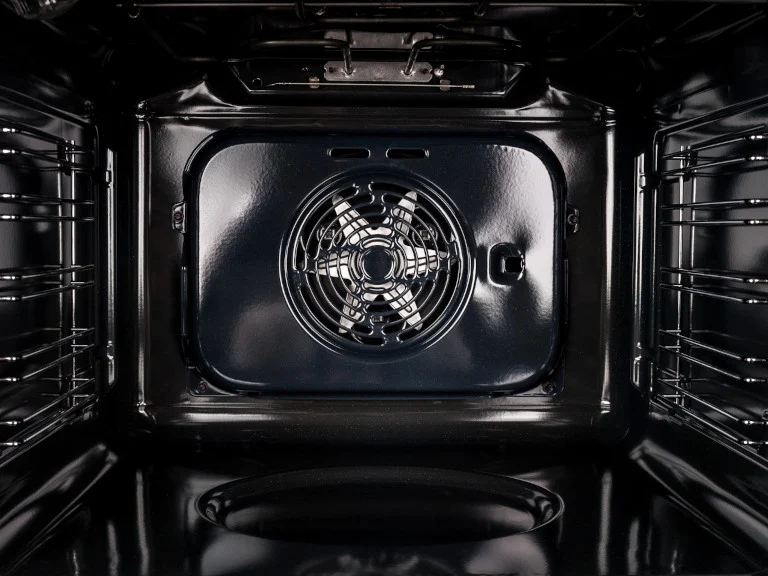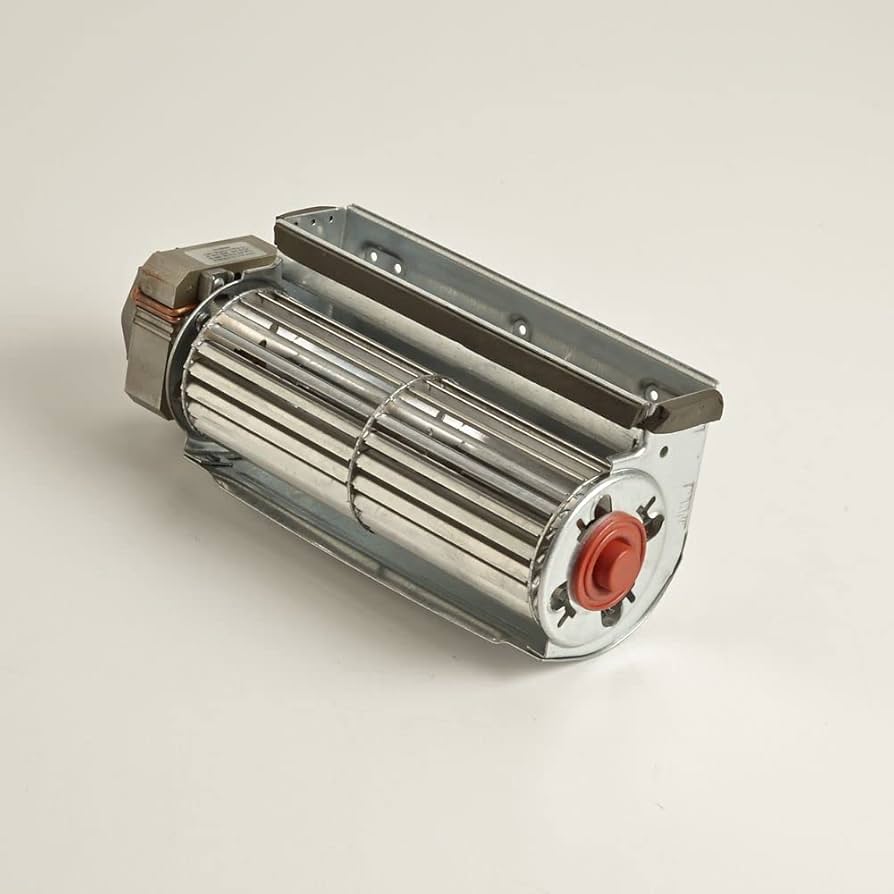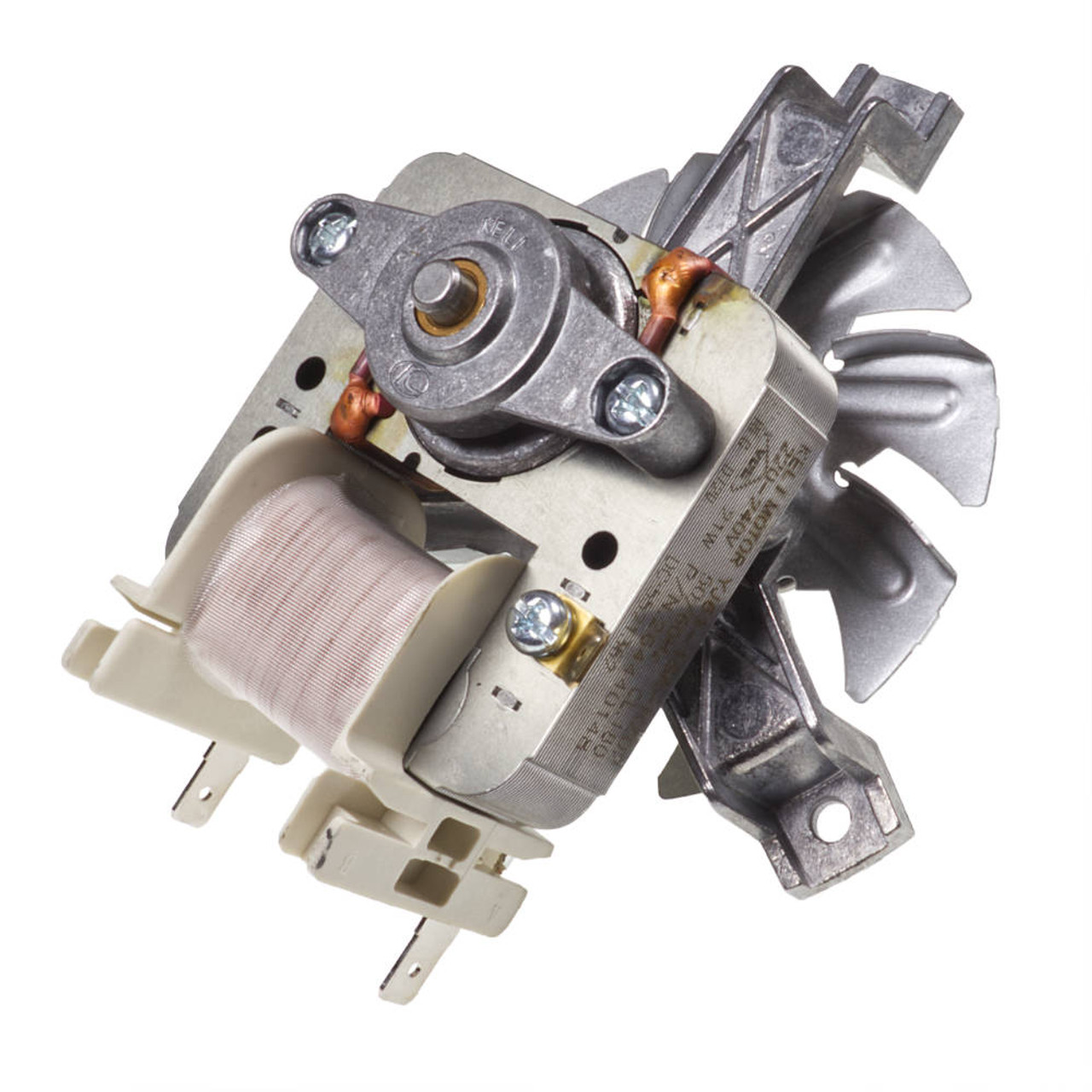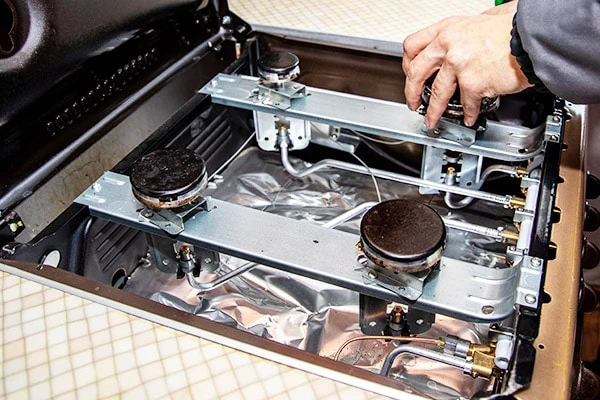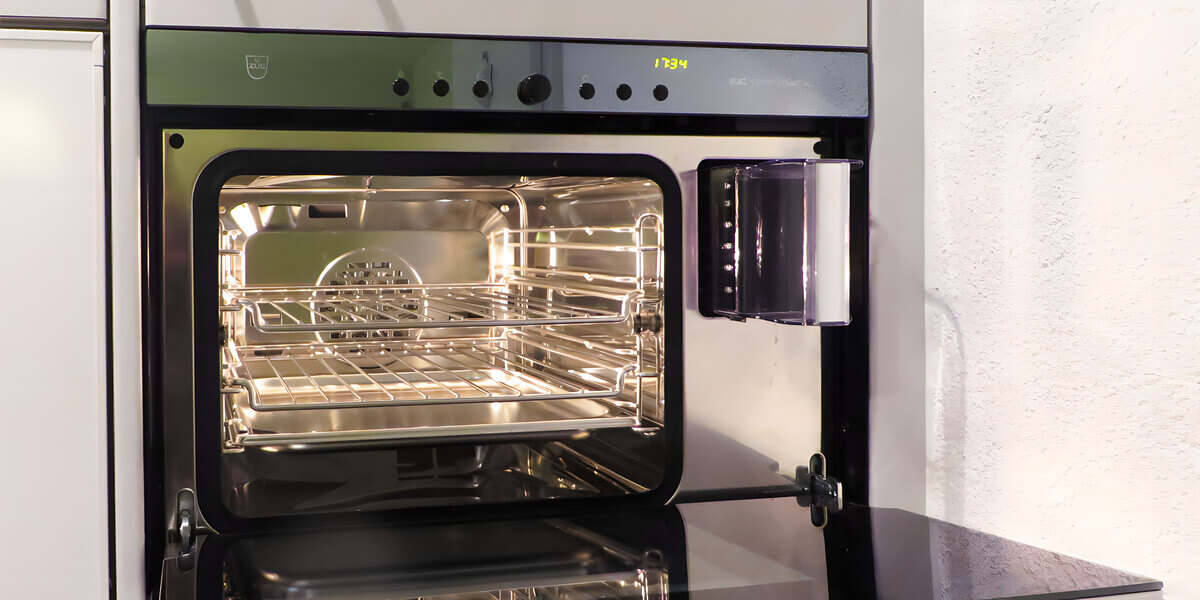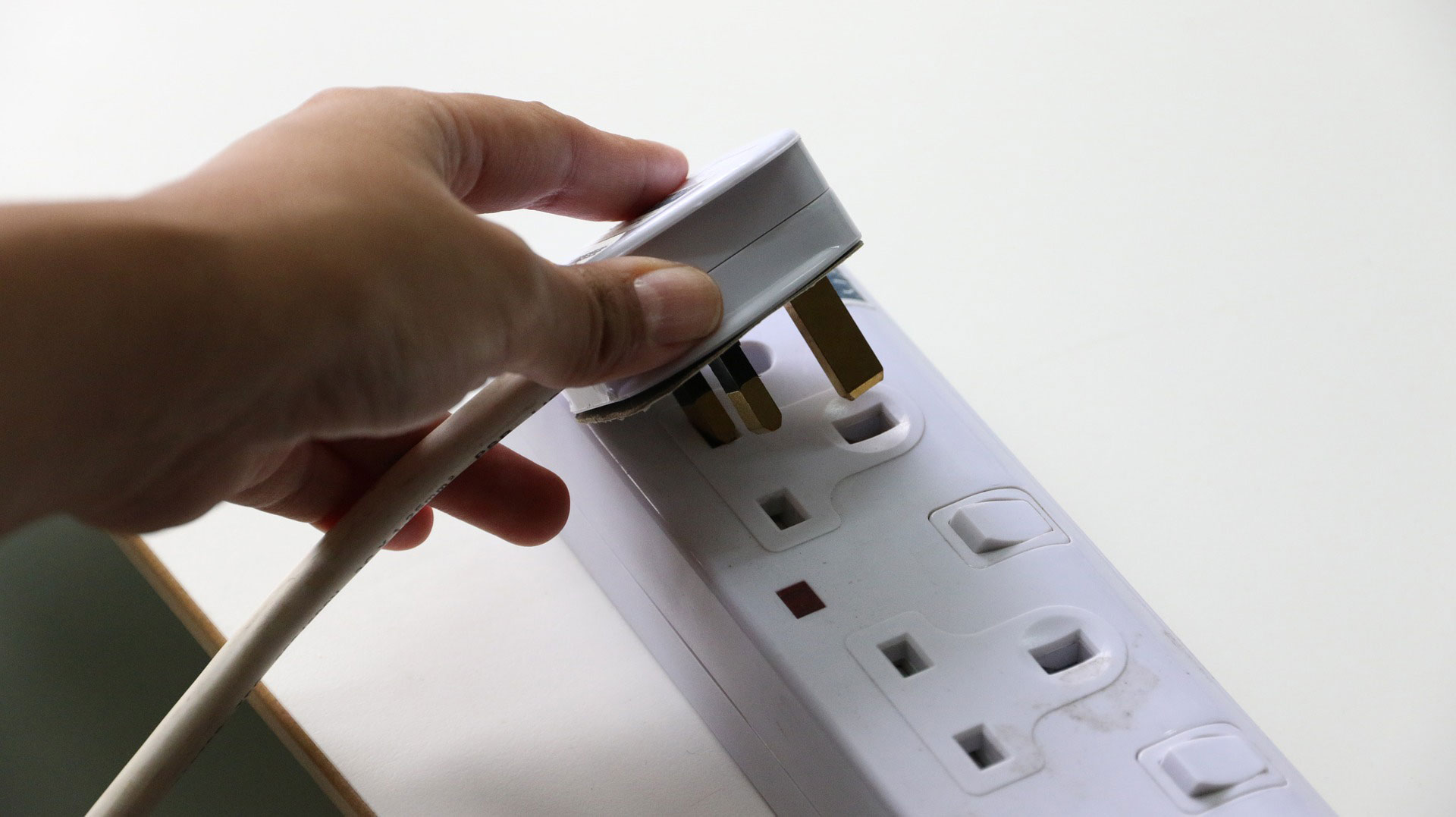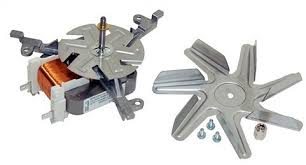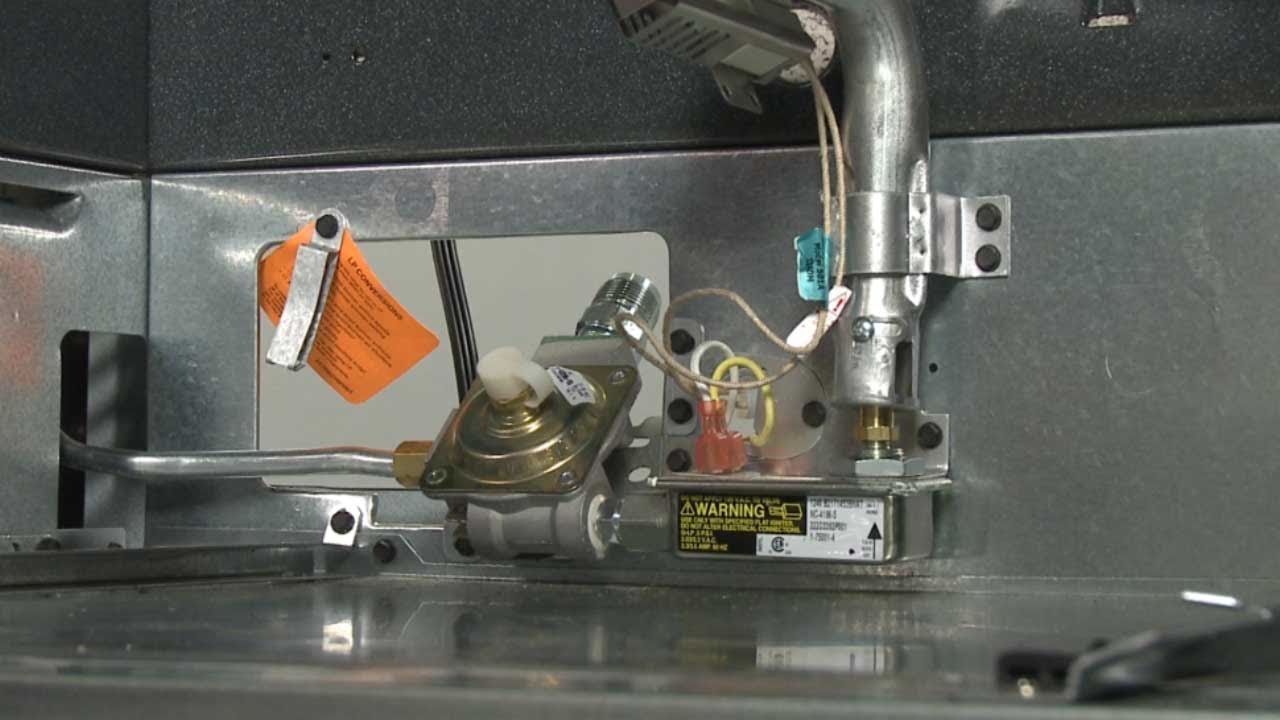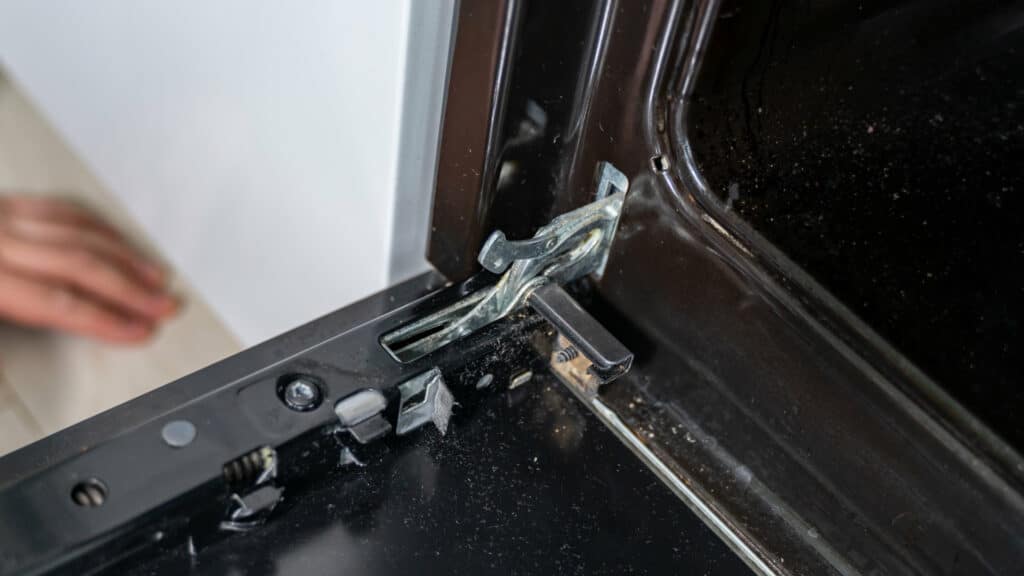Why Is My Oven Making Noise?
You are not alone if you have ever heard unanticipated sounds from your oven. Complex equipment and ovens may produce a variety of noises while running, some of which are absolutely normal and others of which might indicate a problem requiring repair. From oven generating noise during preheating to oven creating buzzing noise, there are several noises that could point to various problems. This tutorial will go over the typical reasons behind oven sounds, how to troubleshoot them, and when to contact a professional. Contact professional oven repair technician from RightFix
Common Causes of Oven Noises
Finding the kind of sound your oven is generating helps you to understand why it is noisy. The most often occurring offenders are listed here:
Loose or Worn Fan Blades
Particularly convection ovens, electric ovens can produce noise from loose or worn fan blades. These blades guarantee uniform cooking by whirling the air inside the oven. They may loosen or break over time, rattling or scraping against the house. This is particularly evident when the fan turns on during preheating or during oven operation.
Faulty Cooling Fan
Many ovens have a cooling fan used to avoid overheating of electrical components. Should this fan malfunction, there may be loud grinding or buzzing sounds. Many times, this problem arises in ovens designed with a cooling system meant to safeguard an electronic control board or other delicate component. To avoid further oven damage, a malfunctioning cooling fan might have to be replaced.
Malfunctioning Convection Motor
To equally distribute hot air and rotate the fan blades, convection ovens run on a motor. A defective convection motor might make clicking or rattling sounds while it tries to run correctly. Sometimes the motor may seize totally, resulting in an obvious silence or total fan function failure.
Igniter Issues in Gas Ovens
The igniter in gas ovens lights the burner heating the oven. Should the igniter fail, it can make clicking noises as it attempts to ignite the gas. Particularly if it persists long after the oven has been switched off, this might be among the most annoying sounds. Changing the component usually solves igniter problems.
Loose Panels or Screws
Loose screws or panels are another often occurring source of oven noise. The metal portions expand and shrink as the oven is heated. Screws and panels might loosen with time, rattling or vibrating under use. This could produce a quiet hum or an irritating oven-generating clicking noise. Solving this problem is by tightening the screws and panels.
Thermal Expansion Noises
Ovens alter in temperature significantly when in operation. The metal components stretch and shrink both hot and cold. Different popping, clicking, or creaking sounds might result from this natural process. Although these noises are usually benign, if you are not acquainted with the procedure they might sometimes be frightening. Usually arising from heat expansion in ovens, these noises do not call for assistance until they become continuous and very loud.
How to Troubleshoot Noisy Ovens
You can troubleshoot some of the problems generating noise in your oven before choosing to consult a professional. This is a detailed walk-by-step manual on how to check and fix typical oven noises:
Safety Precautions Before Inspection
Turn off and unplug the oven before doing any examination or repair. Dealing with gas or electrical equipment always gives safety first priority. If you're not sure about the procedures required, think about avoiding any danger by contacting a qualified technician.
Checking the Fan Blades and Motor
Look first at the oven's fan blades. Search for any worn-out, damaged, or loosely fitting blades. Manually turning the fan will let you carefully check if it wobbles or generates noise. Should the fan blades seem to be the cause of the noise, they might have to be replaced or tightened. This applies also to the convection motor; pay close attention to any unusual noises, such as squeaking or grinding.
Inspecting the Igniter and Gas Valves
Check the igniter of your gas oven to see if it sounds like clicking. The igniter is probably defective and will have to be changed if it is clicking constantly without effectively lighting the gas. Check the gas valves as well for any indications of leaks or failure; these might cause odd noises or even hazardous conditions.
Tightening Loose Components
Use a screwdriver to tighten any screws or bolts you can reach if you think loose panels or screws are generating the noise. Look for looseness among the oven door, racks, and panels. Watch not to overtighten; this might cause harm.
Identifying Normal vs. Abnormal Noises
Not every oven noise should cause you alarm. Often just thermal expansion noises, sounds like popping, clicking, or creaking during heating and cooling. Still, you should look more if the noise is constant, too loud, or happens even while the oven is off. See the instructions for your oven or a professional for assistance if you're not sure if a sound is normal or not.
When to Call a Professional Technician
While some oven sounds point to little problems you may remedy on your own, others need for expert repair. Here is when one should contact a professional:
Signs That Professional Help Is Needed
-
Continuous clicking or buzzing is not stopped after the oven is switched off.
-
A grinding or rattling noise that persists long after the oven has been checked and tuned.
-
Problems with electrical components like failing to heat up or faulty control panels.
-
Gas smells or other safety issues with the gas system in a gas oven.
See a skilled technician if you run into any of these problems. Ignoring these noises might cause further harm or even endanger your safety.
Understanding Repair Costs
The kind of oven you use and the issue may affect repair prices. For instance, usually less costly than fixing a gas valve or significant electrical component is replacing a defective fan motor or igniter. Always seek a quotation before consenting to repairs to help to save unneeded costs. A trained technician will be able to evaluate the issue and fairly quote you for the required repairs.
Preventive Measures to Avoid Oven Noises
After you have taken care of the current problem, you should act to stop other sounds from starting. Years of top condition for your oven depend on regular maintenance and appropriate usage.
Regular Maintenance Tips
-
Regular cleaning of the oven components and fan blades guarantees that neither oil nor trash will block them.
-
Check the oven's seals for tightness and damage freeliness.
-
Look for loose screws or panels often; tighten them as necessary.
Proper Use of the Oven
-
Steer clear of filling the oven too much as this may strain the fan and other parts excessively.
-
Following manufacturer directions, use the oven; be aware of temperature settings and appropriate use to avoid too much wear and tear.
Conclusion
Common but not usually indicative of a major issue are oven sounds. While certain sounds, including grinding or buzzing noises, may indicate a problem that calls for repair, others, such as thermal expansion and clicking igniters, are quite acceptable. While you can troubleshoot simple problems at home, it's always a good idea to get in touch with a professional specialist for more complicated difficulties or safety hazards. Years to come will see your appliance functioning perfectly if you maintain it properly and know regular oven noises. RightFix is ready to help with all your oven problems should you be uncertain or need assistance with repairs.
Location we Service
- Ajax
- Alliston
- Aurora
- Bolton
- Bradford
- Brampton
- Brantford
- Burlington
- Caledon
- Cambridge
- Concord
- East York
- Etobicoke
- Georgetown
- GTA
- Guelph
- Halton Hills
- Hamilton
- Innisfil
- Keswick
- King City
- Kitchener
- Kleinburg
- Maple
- Markham
- Milton
- Mississauga
- New Tecumseth
- Newmarket
- North York
- Oakville
- Orangeville
- Oshawa
- Pickering
- Richmond Hill
- Scarborough
- Schomberg
- Stouffville
- Thornhill
- Toronto
- Unionville
- Uxbridge
- Vaughan
- Waterloo
- Whitby
- Woodbridge

